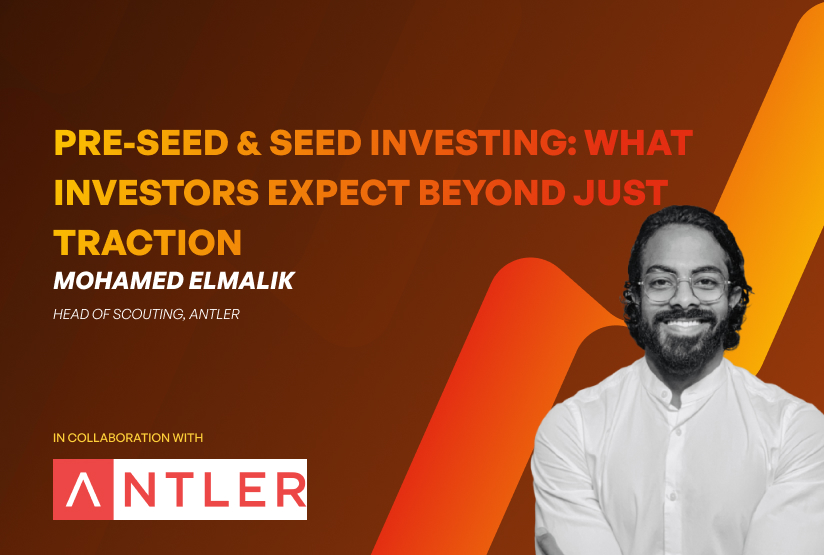
.jpg)
Accelerate Your Startup: A Bangladeshi Founder’s Guide to Evaluating the Best Programs

Newsletter
Getting your product off the ground during the idea stage or while developing your MVP can feel like an uphill battle. Progress often stalls—not necessarily because the idea lacks potential, but sometimes because the MVP isn't strong enough, or due to the absence of the right support systems to guide you through the journey. This can make fundraising especially difficult, creating a chicken-and-egg situation where you need traction to raise money, but need money to generate traction.
This is where accelerators can play a transformative role. They don’t just provide the early capital needed to test and refine a product, but also surround startups with mentorship, networks, and structured support to help them move faster. Designed to compress time and speed up market feedback loops, accelerators push early-stage ventures to adapt quickly and decisively—ultimately accelerating outcomes, whether that’s growth or failure. And quicker failure isn’t always a bad thing. Founders often emerge with sharper instincts, stronger networks, and a more solid foundation for future ventures, contributing to a more resilient and dynamic startup ecosystem.
The first accelerator and program of its kind, Y Combinator, was launched in 2005 in Silicon Valley. Since then, thousands of programs have emerged around the world, with new ones launching every year. Accelerators can serve as powerful launchpads, but with so many out there, how do you know which ones are truly worth your time? The right one can surround you with top-tier investors, seasoned operators, and a network that keeps opening doors. The wrong one? It could waste months and drain momentum that your startup may never regain.
This article highlights some of the top accelerators relevant for Bangladeshi startups and provides a practical framework to help founders navigate their options and make informed decisions when choosing a program that best matches their needs.
What Makes an Accelerator Truly “Top”?
1. Track Record Matters
The simplest and most reliable indicator of an accelerator’s quality is the success of its alumni. Have they gone on to raise funding, and how much? Have any become unicorns? The stronger the portfolio of graduate companies, the more likely it is that the program has a repeatable and effective model.
- Funding Raised by Graduates: Look at the total funding raised by alumni, or the percentage of startups that secure investment after the program ends. The best accelerators consistently produce companies that attract significant follow-on funding.
- Number of Unicorn Alumni: Having unicorns among a program’s graduates signals strong support and selection ability and unlocks valuable network effects. Successful unicorn founders can potentially return as mentors or investors, and top-tier VCs who co-invested in those unicorns are more likely to stay engaged with future cohorts.
- Aggregate Portfolio Value: In addition to individual success stories, assess the combined value of the accelerator’s alumni portfolio (if available). A high aggregate value across startups signals consistent performance and impact across cohorts.
A solid track record of funding and alumni success is the clearest external validation that an accelerator adds real value because it’s very difficult to fake.
2. Dig Into the People: Mentors, Peers (Alumni), and Investors
An accelerator is only as strong as the people behind it. From mentors to alumni to investor connections, the human network within a program can make or break the founder experience.
- Mentor Fit: Assess the accelerator’s mentor pool—it should ideally include founders and operators who’ve built and scaled startups, not just career coaches, general business advisors, or entrepreneurs without startup experience.
- Peer Quality: A strong accelerator surrounds you with high-quality, startup-focused peers (and alumni), creating real opportunities for knowledge sharing and collaboration, not a mix of scalable and non-scalable ventures. The best programs prioritize quality over quantity, which helps them build a solid reputation and attract serious investors. If the cohorts feel too broad or diluted, it's a potential concern—top VCs are less likely to engage with programs that don’t maintain proper acceptance standards.
- Investor Connections: Investigate which investors have backed the accelerator’s past startups. The best programs have strong relationships with top-tier VCs, acting as filters that connect promising startups to the right investors, giving them a valuable edge when it's time to raise capital.
Ultimately, great accelerators don’t just offer mentorship—they build communities. Whether through structured sessions or informal advice, the best programs ensure that every founder leaves better informed, better prepared, and better connected.
3. Know What You’re Getting (and Giving) Financially
Access to capital is one of the most valuable forms of support a good accelerator can provide. It allows founders to focus on building, not just surviving. But it is important to understand exactly what’s on the table and what you might be giving up.
- Access to Investment Capital: Top accelerators typically provide meaningful funding to help founders test, build, and grow their startups. They offer investment terms that are industry-standard, transparent, and consistent across the cohort, rather than negotiated individually. This approach protects the cap table, ensures fairness, and does not impede future fundraising. Some also operate dedicated seed or Series A funds, enabling them to write larger cheques and continue backing their most promising graduates in subsequent rounds.
- Additional Financial Support and Perks: Accelerators that provide relevant perks like cloud credits, free office space, service, and software tool discounts are invaluable for early-stage startups. These perks help startups stay lean while testing and building their products, reducing early-stage costs and extending the runway. By partnering with the right providers, top accelerators enable startups to optimize resources during critical development phases.
- No Upfront or Out-of-Pocket Fees: Top accelerators don’t charge founders upfront to join. Instead, they take equity, aligning their incentives with the startup’s success. If there are program fees, they’re typically covered through the funding provided, not paid out-of-pocket by the founders.
The best accelerators win when their startups win. They offer fair, founder-aligned terms—avoiding excessive demands—and focus on quality over quantity. Their goal is to set startups up for clean cap tables and successful follow-on fundraising, not to profit from the program itself.
4. Look Beyond the Basics: Real-World Support and Strategic Partnerships
While most accelerators offer a common set of resources—funding, mentorship, and a structured program—some go further by offering operational depth or strategic specialization that can significantly enhance a startup’s trajectory.
- Execution Support Beyond Mentorship: Beyond mentorship and funding, some top accelerators provide hands-on support and in-house expertise to help startups move faster—assisting with key hires, co-founder matchmaking, early customer acquisition, and back-office needs like legal, admin, and accounting support. They operate as an extension of the team when resources are limited and founders need to stay focused on building and growing the core product.
- Specialized and Strategic Programs: Some accelerators may distinguish themselves by partnering with corporations or entire industries to align enterprise needs with startup innovation. This allows large organizations to stay ahead of the curve through emerging technologies, while enabling startups to gain traction faster via strategic partners, enterprise customers, and potential corporate investors. Others focus on industry-specific verticals—such as health, energy, or education—where deep domain expertise, regulatory insights, and targeted networks are essential. Selecting a well-aligned program can give founders a meaningful edge in navigating early challenges and scaling effectively.
Choosing the right accelerator isn’t just about brand or funding—it’s about finding one that fits your startup’s needs and strategy. Founders who prioritize the right support and access gain the most in the long run.
Who’s Who: A Curated List of Top Accelerators for Bangladeshi Startups
Drawing from the evaluation framework outlined above, the following is a curated selection of top accelerator programs relevant for Bangladeshi startups:

The table below summarizes key benchmarks observed across leading accelerators—covering typical funding amounts, equity terms, program fees, cohort sizes, and more. It’s designed to help founders quickly compare and assess programs at a glance.

Before You Apply: The Accelerator-Startup Fit
Before applying to an accelerator, founders should take a moment to evaluate whether they’re the right fit for the program. It’s not just about getting in—it’s also about ensuring that the program’s timing, structure, and expectations align with the startup’s current needs. Most top accelerators have a clear idea of what they’re looking for in early-stage companies. So, before evaluating programs, founders should first assess whether they meet those criteria and whether joining makes strategic sense.
The following checklist can help founders pre-qualify themselves before applying to a specific accelerator or begin evaluating which programs are truly worth their time.
🚀 Startup Accelerator Application Checklist

Concluding Remarks
Choosing which accelerator to apply to can feel overwhelming, especially when you're racing against time. But this is a decision worth slowing down for. You don’t just want the first program that says “yes”; you want the one that helps you grow as a founder and gives your startup the best shot at success. Evaluate each accelerator deliberately—looking at outcomes, people, resources, and fit—so you can make a choice you’ll feel confident about.
And if you don’t get into a top program right away, don’t sweat it. Many leading accelerators offer public resources, videos, and guides—tools you can use to level up and come back stronger in the next application cycle. The right program, at the right time, can make all the difference.
Further Reading Materials:
- Seed-DB: A global database of startup accelerators
- Startup Accelerators & Incubators List | Notion: A list of startup accelerators with details on their application status (open, closed, late, rolling, etc.).




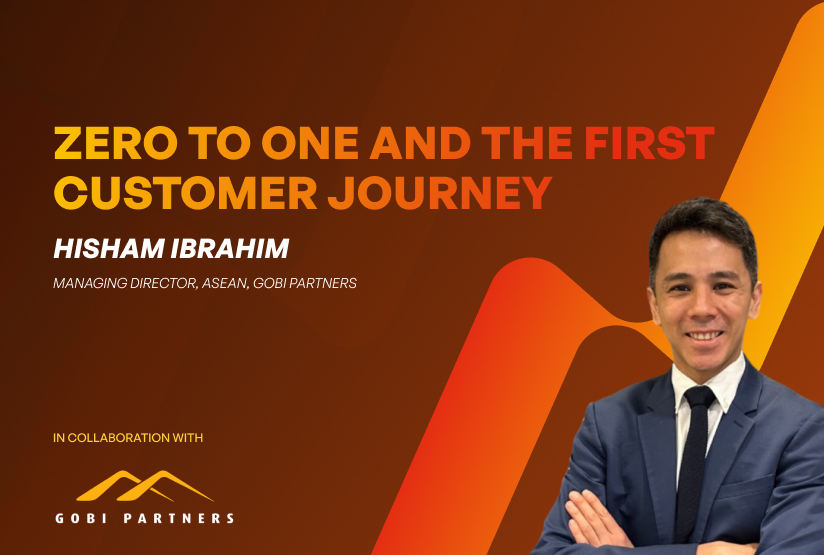
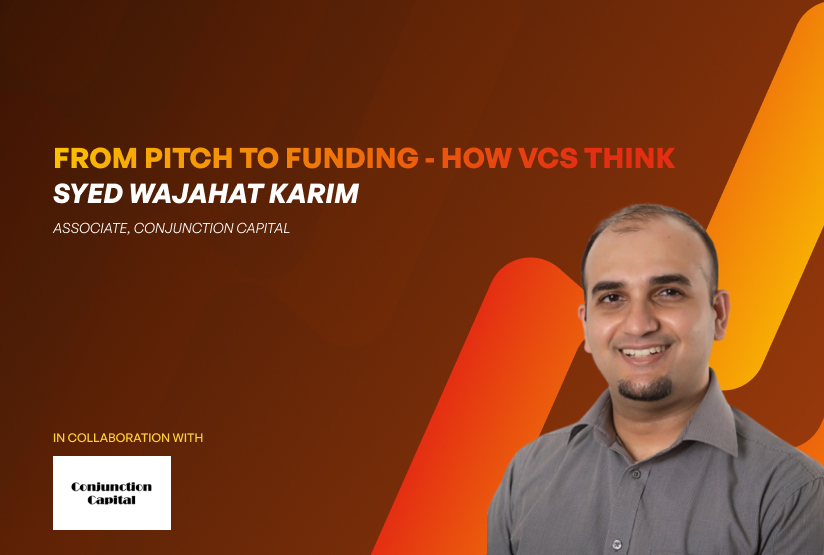

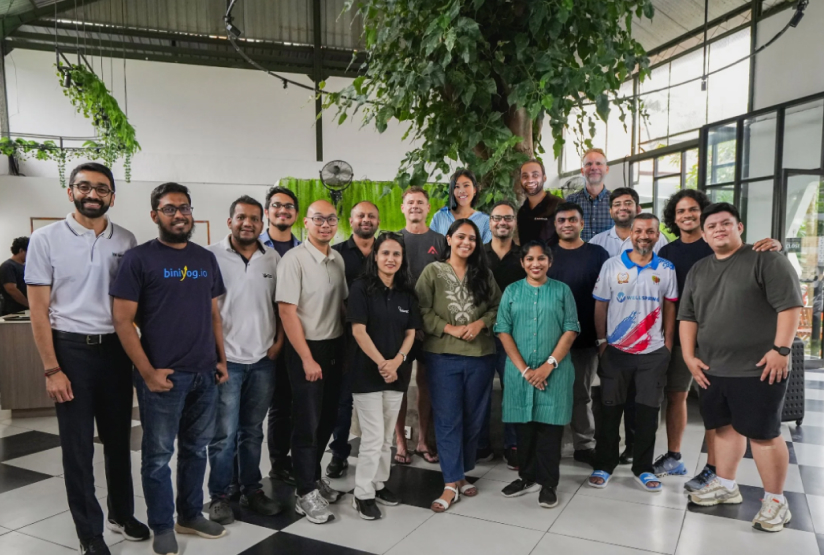



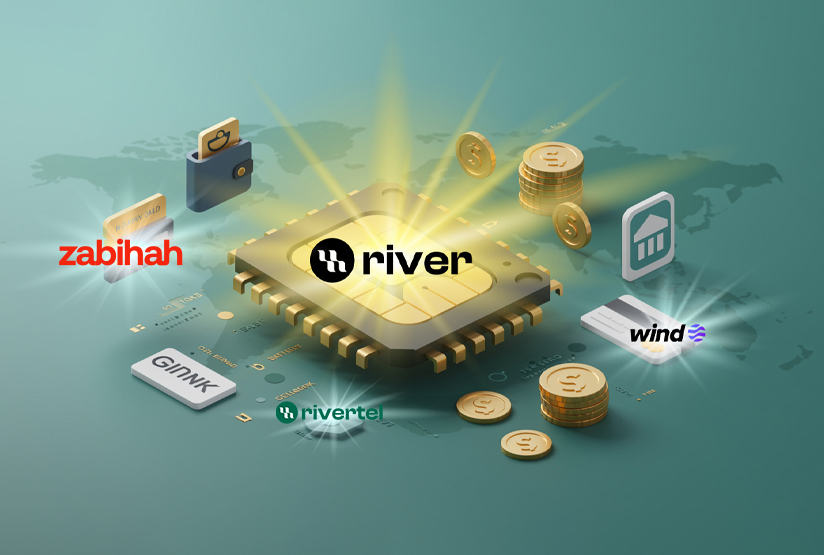






.jpg)





.jpeg)



.jpg)


















.jpg)


.jpg)
.jpg)

.jpg)
.jpg)


















.jpeg)












..jpg)
..jpg)



.jpg)









